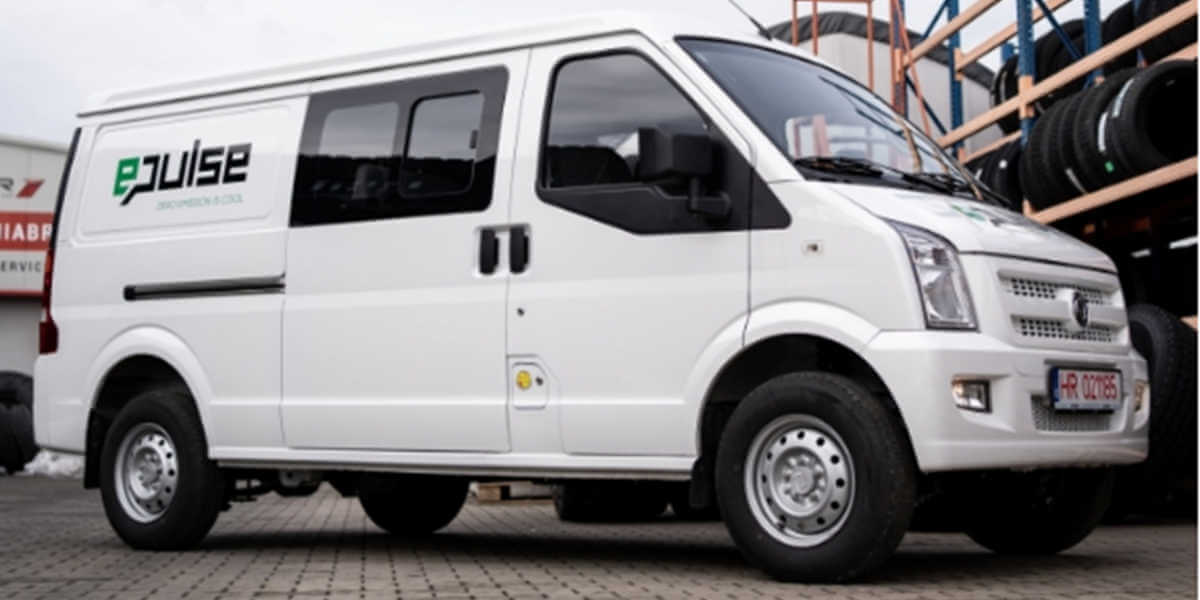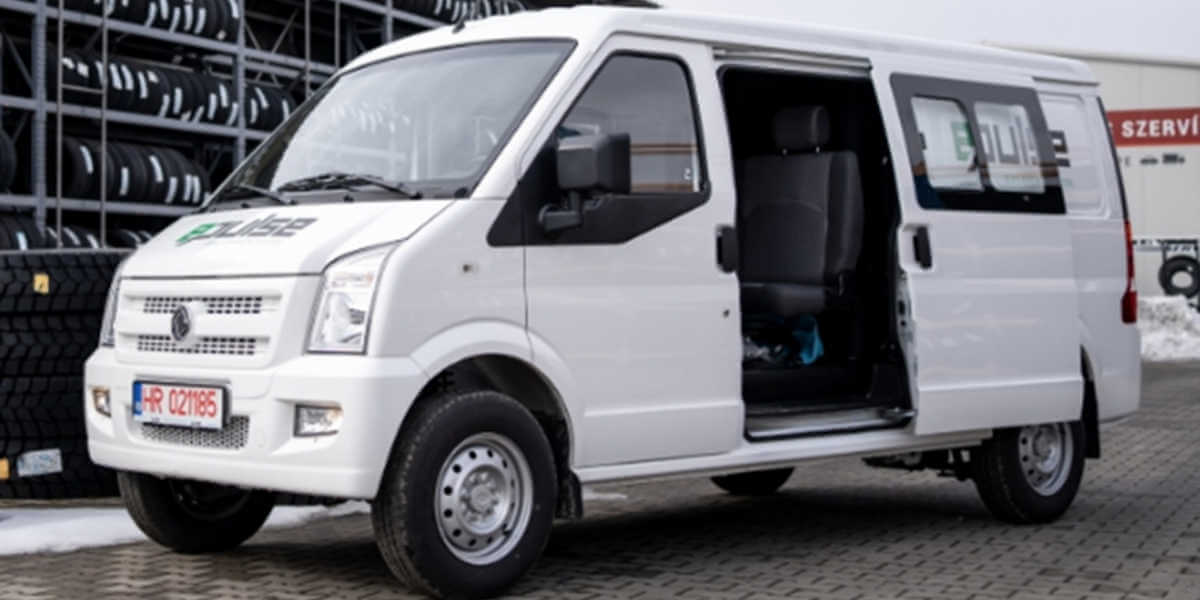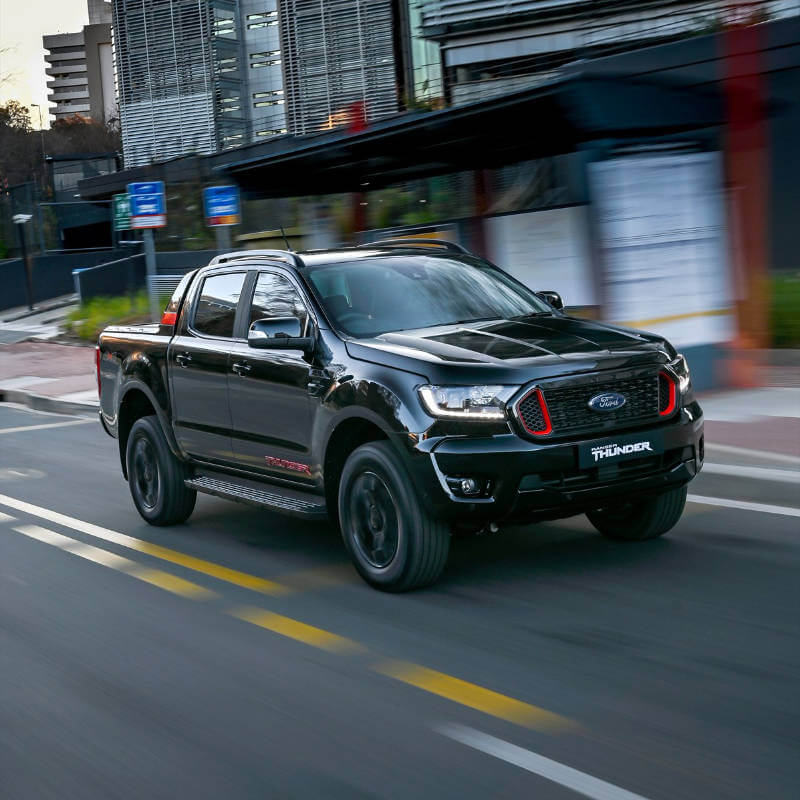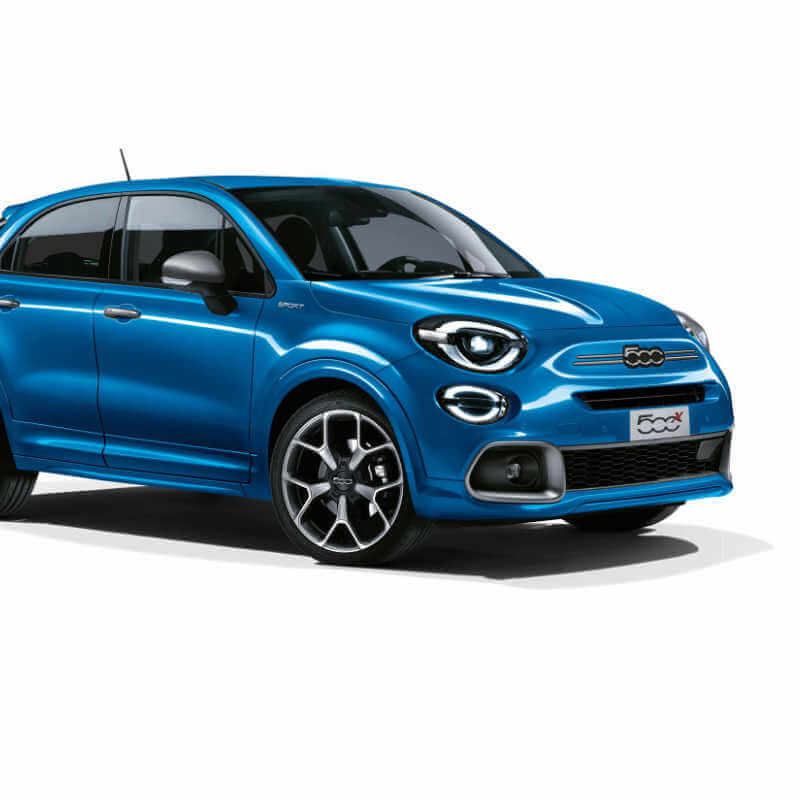Enviro Automotive extends DFSK EV product range
Enviro Automotive, importer and local distributor of DFSK’s battery-electric vehicles (BEV) announced new additions to its C-Series panel van and bakkie line-up to enhance its current offerings. In July 2022, Enviro Automotive introduced the DFSK brand in South Africa with the launch of the EC35 panel van and EC31 one-tonne bakkie.
The Chinese automaker DFSK (Dongfeng Sokon Automobile) is a joint venture between Dongfeng Motor Company and the Chongqing Sokon Industry Group. Following the successful introduction of its C-Series range of delivery bakkies and panel vans globally in 2009, the company extended the range by introducing the popular battery-electric EC35 and EC31 in 2018.
“In 2022, during our visit to China to sign the distribution agreement with DFSK, we identified their EV products as the most competitive options for our local market to meet mobility needs while positively impacting costs,” says Gideon Wolvaardt, Managing Director of Enviro Automotive. “DFSK’s EC35 dominates the electric panel van market in China, showcasing the efficiencies achievable with commercial electric vehicles.”
Feedback from the local market following the launch of the DFSK EC35 revealed a need among labour-intensive businesses for increased worker space and a four-seater configuration. As a result, Enviro Automotive opted to introduce the EC35 4-seater derivative to its panel van line-up.
“After nearly two years of intensive local market research, establishing our infrastructure to meet future market demands, and rigorous testing of our DFSK EV panel vans and bakkies in demanding transport fleets, we confidently expand our range to offer more sustainable mobility solutions for last-mile delivery companies.”
Both EC35 derivatives share the same technical foundation, differing only in passenger capacity and cargo space. It offers a payload of 950 kg. The 4-seater’s cargo space measures 3.1 m³, just 1.7 m³ less than the 2-seater’s 4.8 m³. The DFSK EC35 4-seater is the most affordable four-seater EV locally.
“Market feedback on electric vehicle acquisition costs prompted us to introduce a monthly rental scheme, offering our DFSK EVs at R3.75 per kilometre. This option enables buyers to transition to green-energy delivery vehicles, saving costs,” adds Wolvaardt.
Enviro Automotive confirmed the launch of the larger DFSK EC75 in the last quarter of 2024. The EC75 features a single synchronous electric motor delivering 70 kW and 230 Nm of torque. Its 50.38 kWh Lithium Iron Phosphate Battery provides over 300 kilometres of range. It boasts a 3,200 mm wheelbase and 19.3 m³ cargo space.
The ECV75 will be available in two specification levels: an entry-level version and a more comfortable variant featuring high-tech safety features like a Lane Departure Warning System (LDWS), Forward Collision Warning (FCW), Adaptive Cruise Control (ACC), Autonomous Emergency Braking (AEB), and Lane Keeping Assist (LKA).
In 2023, Enviro Automotive broadened its product range by importing battery-electric MCV trucks from Dayun Motors. Scheduled for the last quarter of 2024, the company aims to unveil budget-friendly battery-electric passenger cars, like the Dayun Yuehu, a compact hatchback with a 330 km range, priced below R400,000.
Enviro Automotive also plans to introduce a new Chinese brand, SRM, into the local market. Scheduled for introduction in the last quarter of 2024, the SRM T3 EV 1.6-tonne is a battery-electric workhorse with a spacious load box measuring 3,100 mm x 1,680 mm x 370 mm, offering a load area of 5,208 m³. It is powered by a single synchronous electric motor producing 60 kW and 220 Nm of torque, with a 53.58 kWh Lithium Iron Phosphate Battery providing over 300 kilometres of range.
“As green commercial electric vehicles gain wider acceptance, we aim to capitalise on evolving market trends in South Africa. We intend to leverage our two years of experience to assist transport fleets in fully embracing new energy resources, resulting in both environmental benefits and immediate positive impacts on companies’ bottom lines,” concludes Wolvaardt.
Article by: Enviro Automotive








